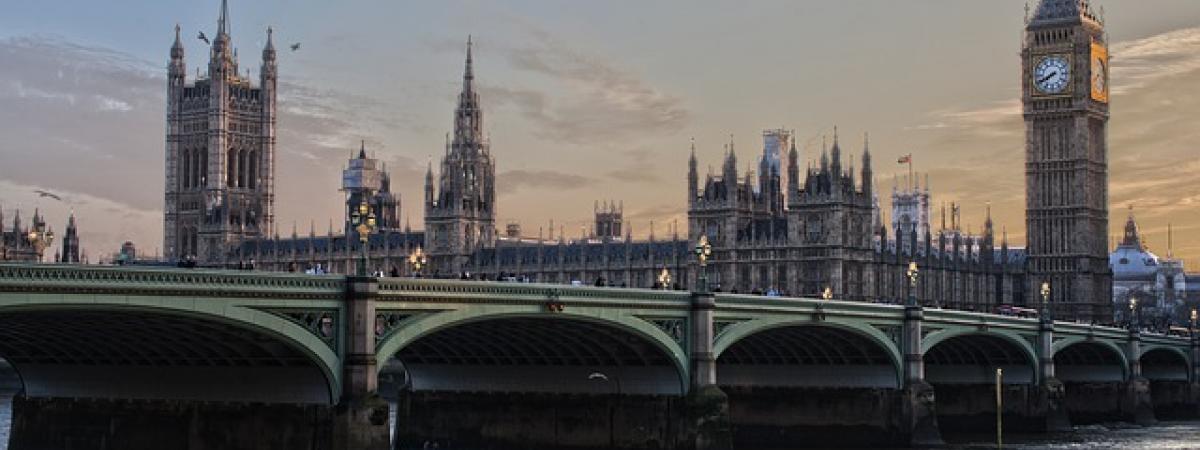How Victorian Britain revolutionised the health industry

The 19th Century has been referred to as the ‘Victorious Century’. When it comes to health, a lot of battles were won during Victoria’s reign and life expectancy increased from the late thirties to the early fifties.
In his book about Victorian England, writer and lecturer Dr Stephen Halliday describes the battles fought against “squalor, poor housing, dirty water, sewage, ignorance and, ultimately germs” – and the benefits bestowed on the nation’s health as a result.
It’s worth taking a moment to remember the smallpox, the slums, the scientific misunderstandings, the sewage, and the shortage of midwives that characterised the beginning of the nineteenth century – and how they were confronted.
Smallpox
In 1840, more than 10,000 people died from smallpox in England and Wales; in 1910 only ten people died: the smallpox vaccine had come on the scene following Edward Jenner’s famous work in which he vaccinated an eight year old boy with cowpox to protect him from smallpox.
Deaths from typhus, typhoid and scarlet fever also declined in the nineteenth century. The creation of isolation hospitals and the opening of public baths and wash houses helped stopped the spread of these scourges.
Slums
Many dwellings were unfit for habitation in Victorian England. One author describes a cellar containing a father, mother, three children and four pigs. In another room was a man with smallpox, while in a third was the body of a dead child.
Many dwellings were unfit for habitation in Victorian England.
Cesspools, designed to collect human waste, were situated in basements and emptied by ‘nightmen’ after midnight. London alone had 200,000 cesspools.
Slowly, the foulest buildings were demolished and slum dwellings cleared as more than 50 new statutes on housing were passed between 1847 and 1900.
Sewage
In 1815, cesspools were allowed to be connected to public sewers for the first time, moving waste from houses – and into the Thames.
That this was an unsatisfactory solution became clear during the famous ‘Great Stink’ of 1858, when a long hot summer made the stench from the Thames unbearable.
Engineer Joseph Bazalgette cleverly constructed more than 1000 miles of sewers to take human waste away from the centre of London. Solid and liquid components of sewage were also separated, and the solids sent out to sea on ‘sludge boats’ (with one named as SS Bazalgette).
Scientific misunderstanding
Aside from smallpox, there was virtually no understanding about the cause of disease at the beginning of the nineteenth century. It was commonly thought that epidemics were caused by nasty smells, rather than by germs: the wind was more feared than the water (where cholera lurked).
The wind was more feared than the water (where cholera lurked).
One seventeenth century Dutch scientist had observed “very little animalcules” (now known to be microbes) when looking down microscopes, but their significance was not appreciated.
Giant strides, though, were made in science during Victorian times. Louis Pasteur introduced his ‘germ theory’ of disease; Dr Robert Koch helped identify which bacteria caused which disease; Dr John Snow demonstrated that infection could be spread by contaminated water; Joseph Lister introduced antiseptic procedures (and was present during the first surgical use of anaesthetic in 1846); Wilhelm Roentgen discovered X rays in 1895.
Shortage of midwives
Compared to today, Victorian mothers were 100 times more likely to die in childbirth; more than 15% of children failed to reach their first birthday, according to Dr Stephen Halliday.
Handwashing while assisting a birth was introduced in 1840, and reduced risk of infection; the number of midwives increased from 2646 in 1881 to 24,500 in 1907, and their training also improved, making childbirth less dangerous.
There is though, even today, a desperate struggle to fill frontline midwifery roles. Health battles have been won since Victorian times, but we are not yet in peacetime.
